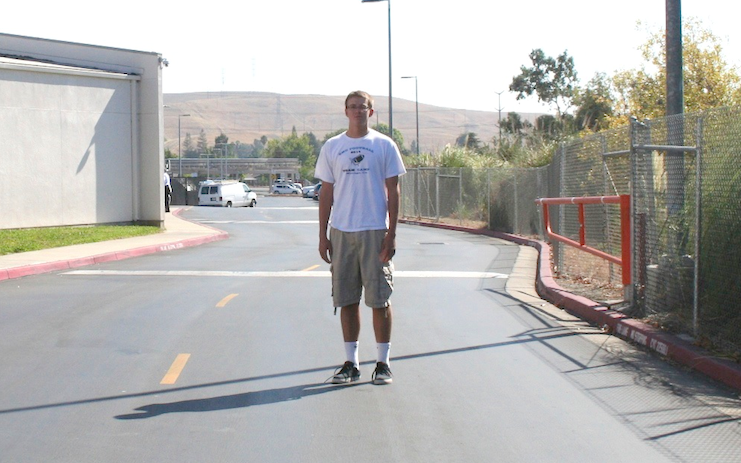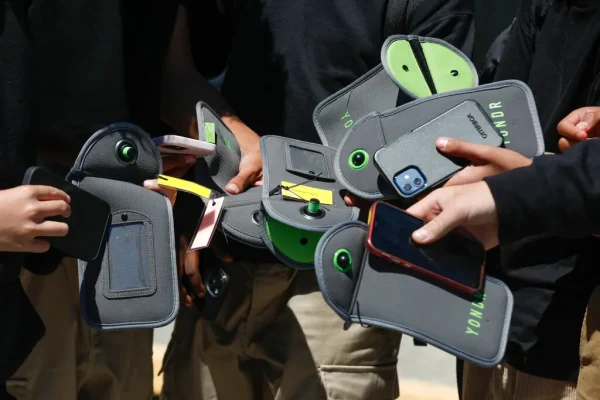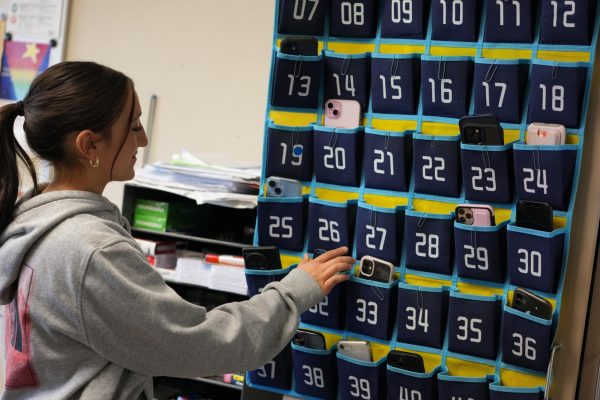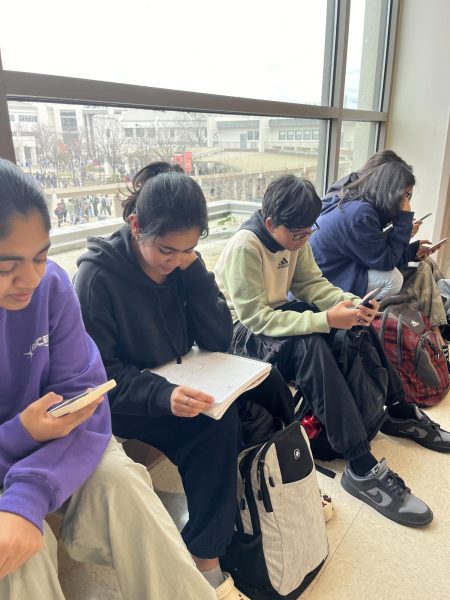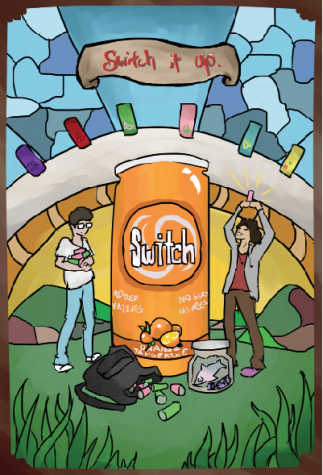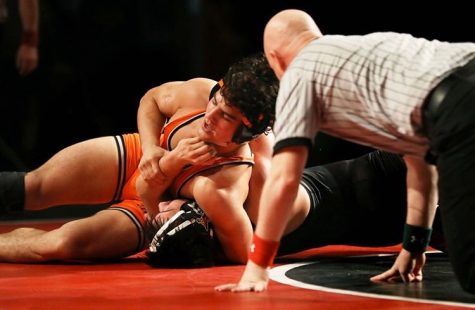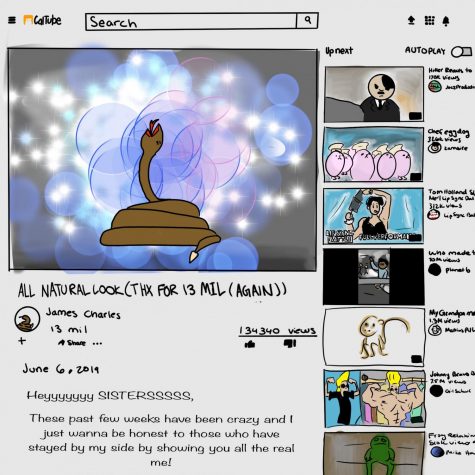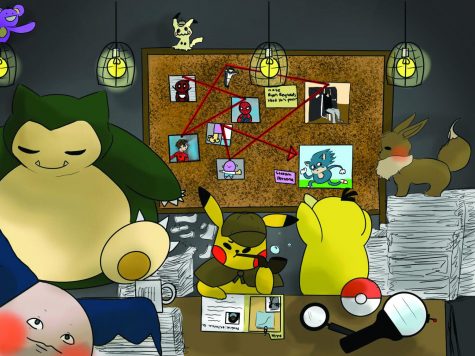Sophomore leads policy opposition
As a response to the closing of the campus, sophomore Ryan Freels started a petition to reopen the school for seniors at lunch on Aug. 25, posting it on his personal Twitter account, @ryanfreels.
Just a day later, the petition reached 100 signatures, and, by the second day of being released to the public, it had gained 250 signatures.
Former Principal Mark Corti announced he was closing the campus in March.
Freels was introduced to the idea of a closed campus last school year, but thought that it was nothing more than a rumor.
After learning the campus was officially closed on the first day of school last month, Freels was inspired to take action.
“I kept hearing complaints [about the closed campus], but no one was doing anything about it,” said Freels. “It doesn’t really affect me right now. I just wanted to help others out.”
The sophomore drafted the petition while at lunch at the Hopyard and tweeted it the same day.
The response that Freels received was overwhelming. Signatures came in from students, parents, and even international residents from places such as Canada, Spain, Denmark, and Australia.
“The petition gave me hope that we [seniors] might be able to leave campus this year,” said senior Chris Hagebush.
All those who left comments on the petition had one common issue with the food at Cal. Most found the food unsatisfactory and limited in variety.
“Next year, as a senior, I was looking forward to being able to go get food, not from school or from my house, but something awesome like the McDonald’s dollar menu,” said Junior Nicholas Rosenblum in the comments section of the petition. “But instead I get Cal High’s cardboard. I mean pizza. I think.”
Freels took this issue up with new Principal Sarah Wondolowski and confronted her about the lack of quality that goes into school lunches.
“I asked her to go into the lunch room and just look at the food and decide if she would eat it on a daily basis,” Freels said.
Students reported to have seen Wondolowksi and several other administrators buy food from the school cafeteria during the second week of school.
Freels also attempted to have students protest the closed campus policy by refusing to eat the food served in the commons on Sept. 5. His goal was to unite the school, gaining upperclassmen support by trying to reopen campus and gaining underclassmen support through issues with school lunches.
But the protest fell through and the lines to buy lunch were still long on the day of the planned protest.
“Some people still took [the protest] to heart and tried to get people to not eat that day,” said Freels.
After Wondolowski clarified that reopening the campus was not up for discussion at a town hall meeting in the theater on Sept. 3, Freels decided to change his approach and focus on gaining senior privileges.
“I talked to Wondolowski about some other perks for seniors and also about the quality and quantity of the cafeteria food.”
Administrators are currently taking measures to address the concerns about the cafeteria and have started to explore the option of senior perks.
In spite of that, Freels refuses to back down. On Sept. 2 he posted a screenshot of Wondolowski’s emailed response to the petition on Twitter.
“Everything we say to the admins goes into one ear and out the other,” tweeted Freels. “They just don’t understand yet that we won’t give up.”
Freels believes the campus will be reopened someday through alternative methods like taking the issue directly to the school district or having parents raise their concerns about the closed campus to school administrators.
He is hopeful that the on-campus experience will improve by the time he starts his senior year in 2017.
“When I’m a senior, I hope that we could actually be treated as seniors with a little bit more trust, respect, and more perks, because we have worked our way up to senior year,” said Freels.
